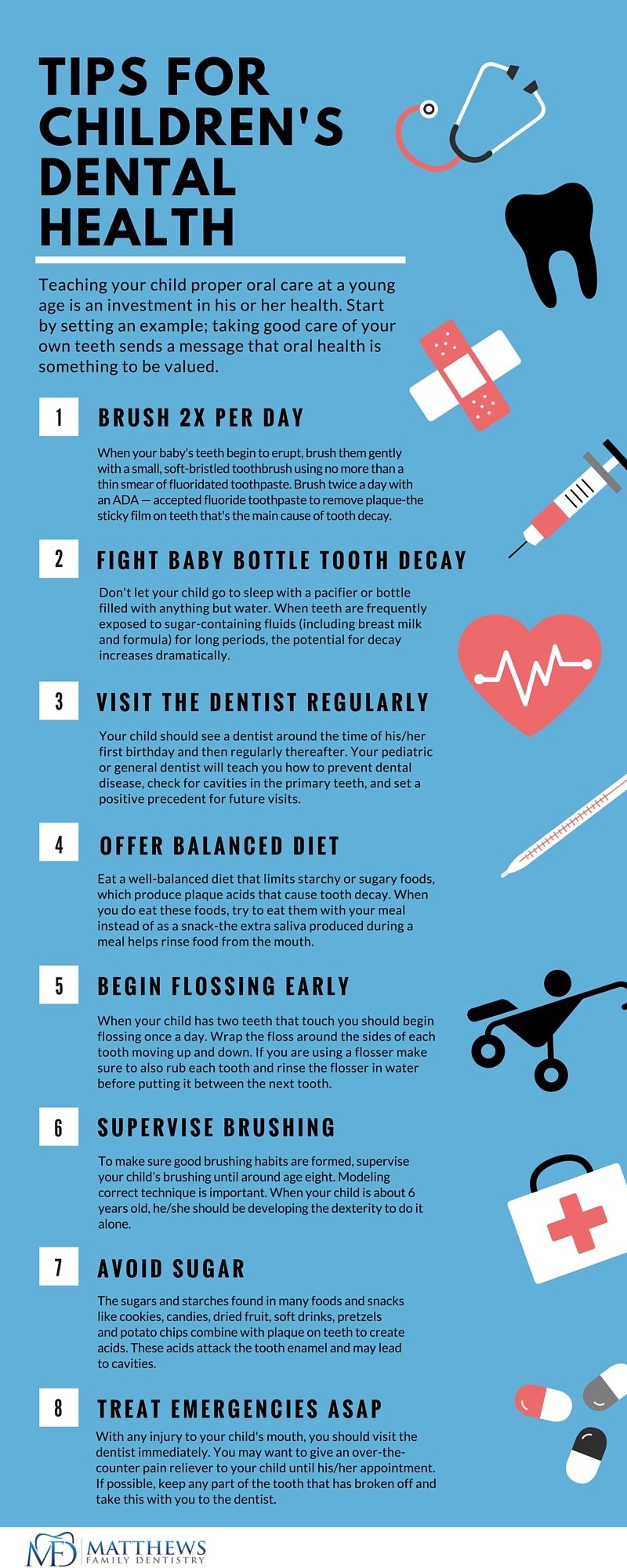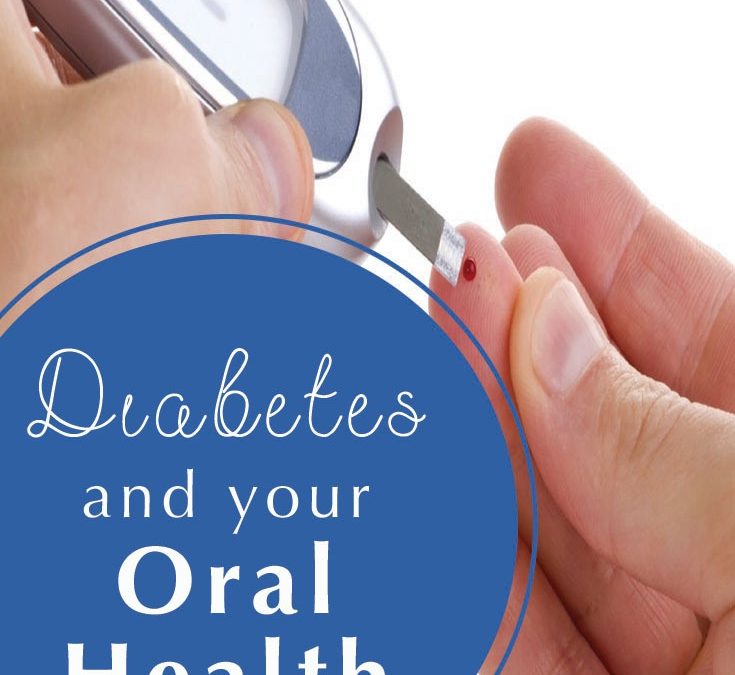
Sweet Escapes – Chocolate for Charity!
May 4, 2015
Top Tips For Children’s Dental Health
February 23, 2016Did you know that 29.1 million people living in the United States have diabetes? That’s 9.3% of the population. Approximately 1.7 million new cases are diagnosed each year—and 8.1 million people living with diabetes don’t even know they have it.
Diabetes affects your body’s ability to process sugar. All food you eat is turned to sugar and used for energy. Both types of diabetes result in high blood sugar levels, which can cause problems with your eyes, nerves, kidneys, heart and other parts of your body.
So what does this have to do with that smile of yours — and how can you protect it? First, it’s important to understand the signs of diabetes and the roles they play in your mouth.
The Symptoms of Untreated Diabetes
The warning signs of diabetes affect every part of your body. After a blood test, you may be told by a doctor that you have high blood sugar. You may feel excessively thirsty or have to urinate a lot. Weight loss and fatigue are other common symptoms. Diabetes can also cause you to lose consciousness if your blood sugar falls too low.
If diabetes is left untreated, it can take a toll on your mouth as well. Here’s how:
- You may have less saliva, causing your mouth to feel dry. (Dry mouth is also caused by certain medications.)
- Because saliva protects your teeth, you’re also at a higher risk of cavities.
- Gums may become inflamed and bleed often (gingivitis).
- You may have problems tasting food.
- You may experience delayed wound healing.
- You may be susceptible to infections inside of your mouth.
- For children with diabetes, teeth may erupt at an age earlier than is typical.
Why People with Diabetes Are More Prone to Gum Disease
All people have more tiny bacteria living in their mouth now than there are people on this
When this happens, you may need gum surgery to save your teeth. If nothing is done, the infection goes on to destroy the bone around your teeth. The teeth may start to move or get loose. Your teeth may fall out or need to be pulled.
Is There an Association Between Gum Disease and Diabetes?
For the nearly 30 million Americans who have diabetes, many may be surprised to learn about an unexpected complication associated with this condition. Research shows that there is an increased prevalence of gum disease among those with diabetes, adding serious gum disease to the list of other complications associated with diabetes, such as heart disease, stroke and kidney disease.
Is There a Two-Way Street?
Emerging research also suggests that the relationship between serious gum disease and diabetes is two-way. Not only are people with diabetes more susceptible to serious gum disease, but serious gum disease may have the potential to affect blood glucose control and contribute to the progression of diabetes. Research suggests that people with diabetes are at higher risk for oral health problems, such as gingivitis (an early stage of gum disease) and periodontitis (serious gum disease). People with diabetes are at an increased risk for serious gum disease because they are generally more susceptible to bacterial infection, and have a decreased ability to fight bacteria that invade the gums.
The Surgeon General’s Report on Oral Health states that good oral health is integral to general health. So be sure to brush and floss properly and see your dentist for regular checkups.
If I Have Diabetes, am I at Risk for Dental Problems?
If your blood glucose levels are poorly controlled, you are more likely to develop serious gum disease and lose more teeth than non-diabetics. Like all infections, serious gum disease may be a factor in causing blood sugar to rise and may make diabetes harder to control.
Other oral problems associated to diabetes include: thrush, an infection caused by fungus that grows in the mouth, and dry mouth which can cause soreness, ulcers, infections and cavities.
How Can I Help Prevent Dental Problems Associated with Diabetes?
First and foremost, control your blood glucose level. Then, take good care of your teeth and gums, along with regular checkups every six months. To control thrush, a fungal infection, maintain good diabetic control, avoid smoking and, if you wear them, remove and clean dentures daily. Good blood glucose control can also help prevent or relieve dry mouth caused by diabetes.
What Can I Expect at My Checkup? Should I Tell My Dental Professional About My Diabetes?
People with diabetes have special needs and your dentist and hygienist are equipped to meet those needs—with your help. Keep your dentist and hygienist informed of any changes in your condition and any medication you might be taking. Postpone any non-emergency dental procedures if your blood sugar is not in good control.


